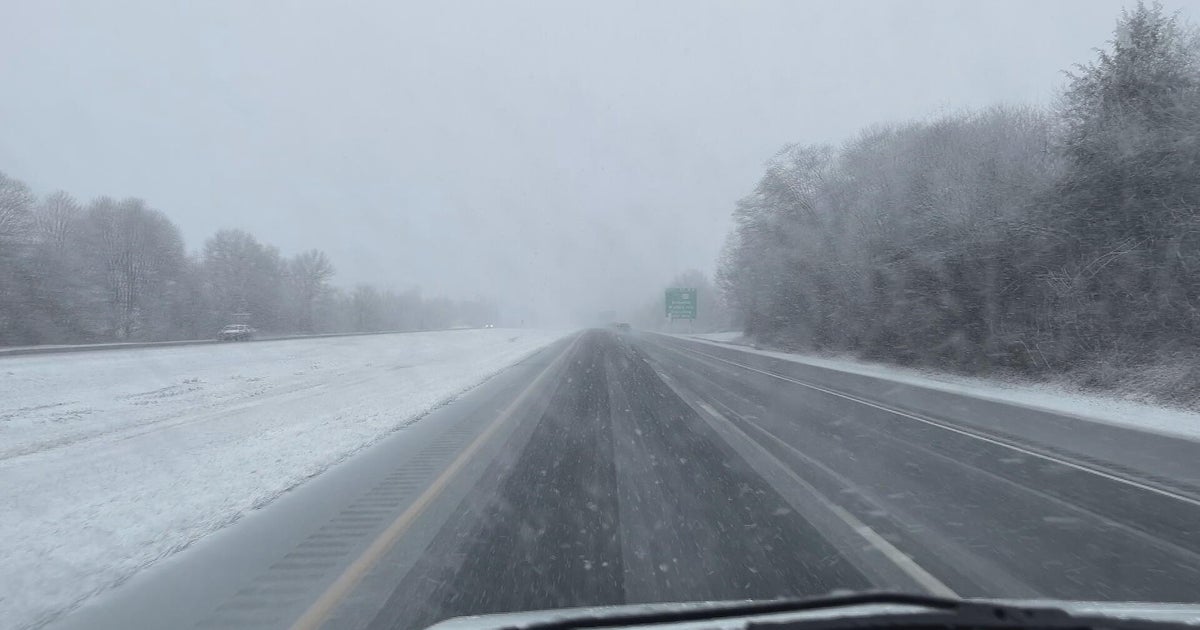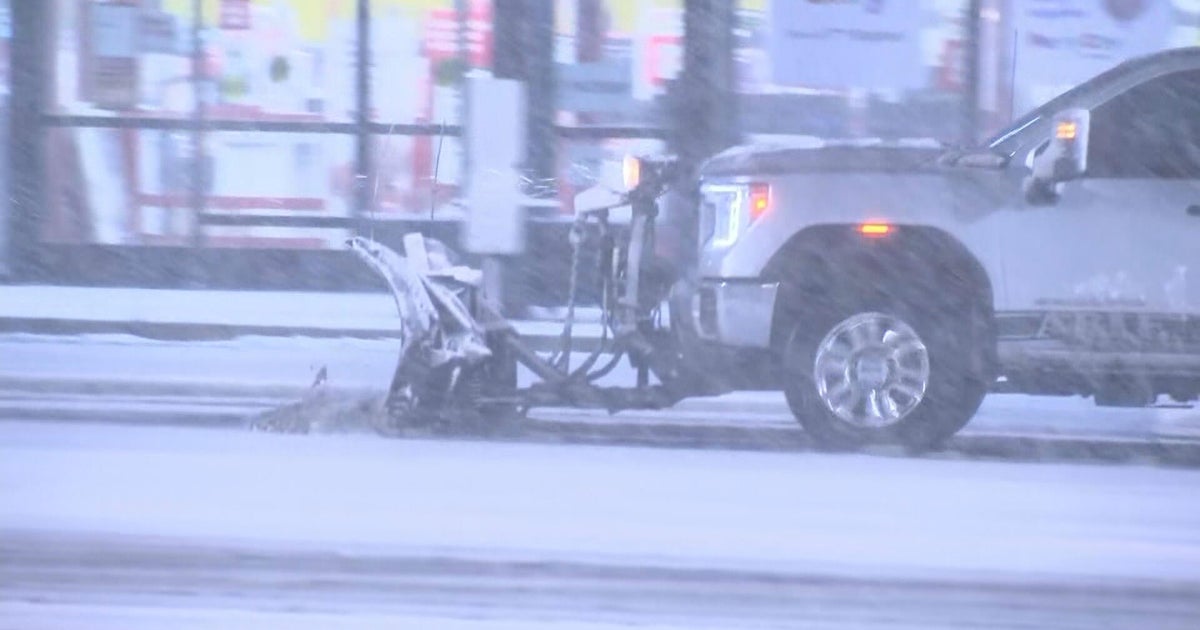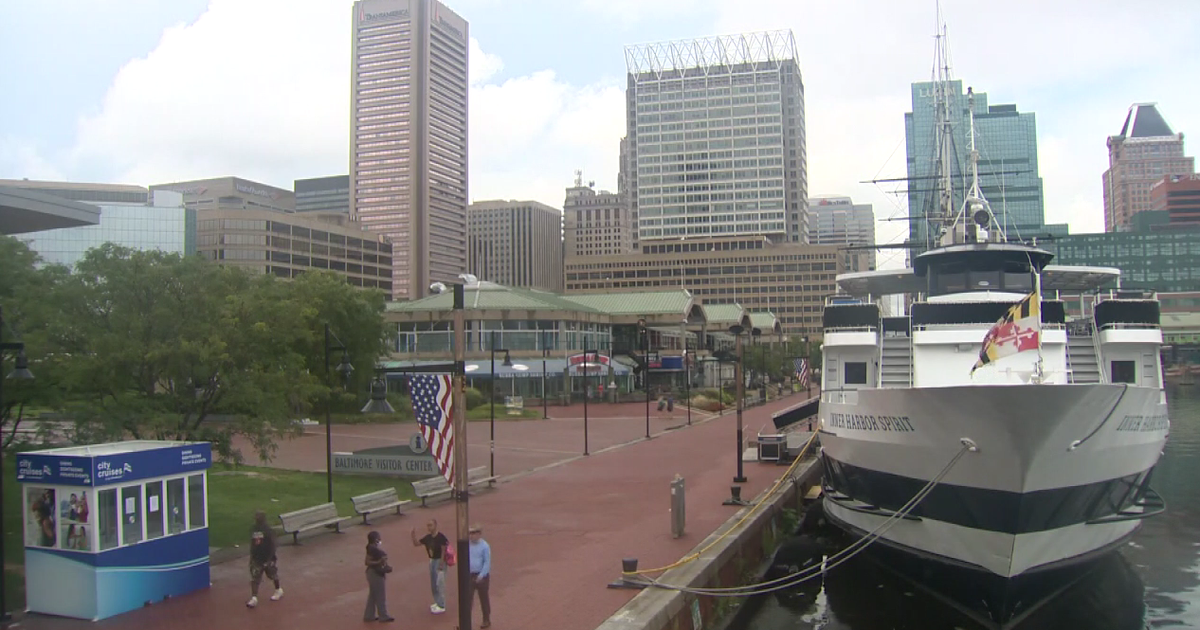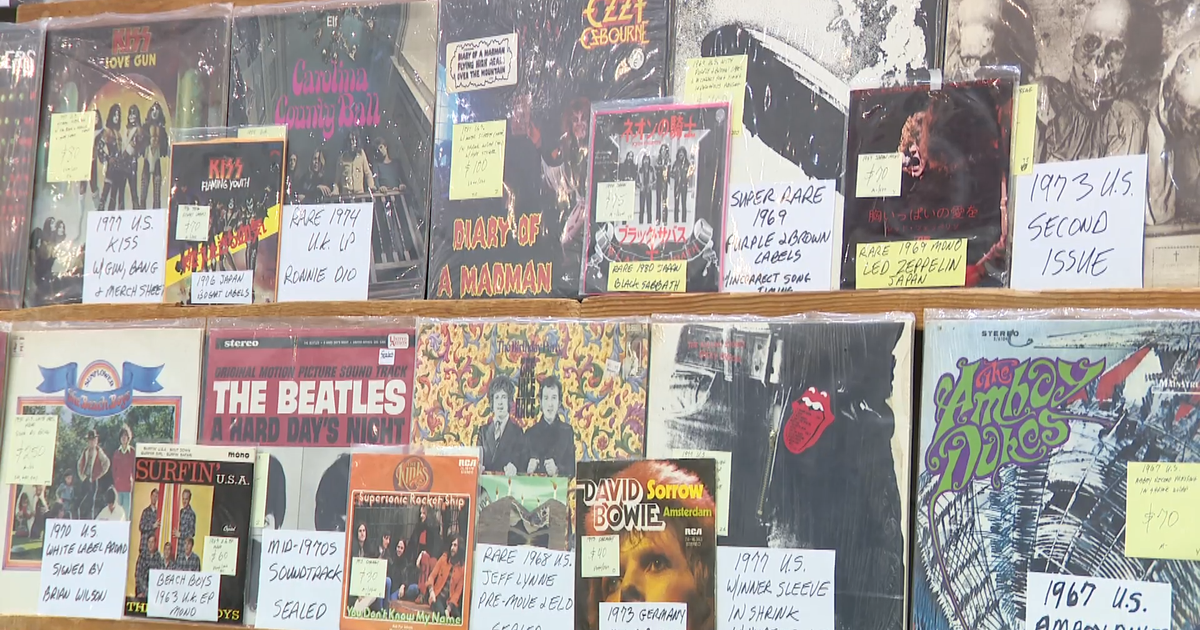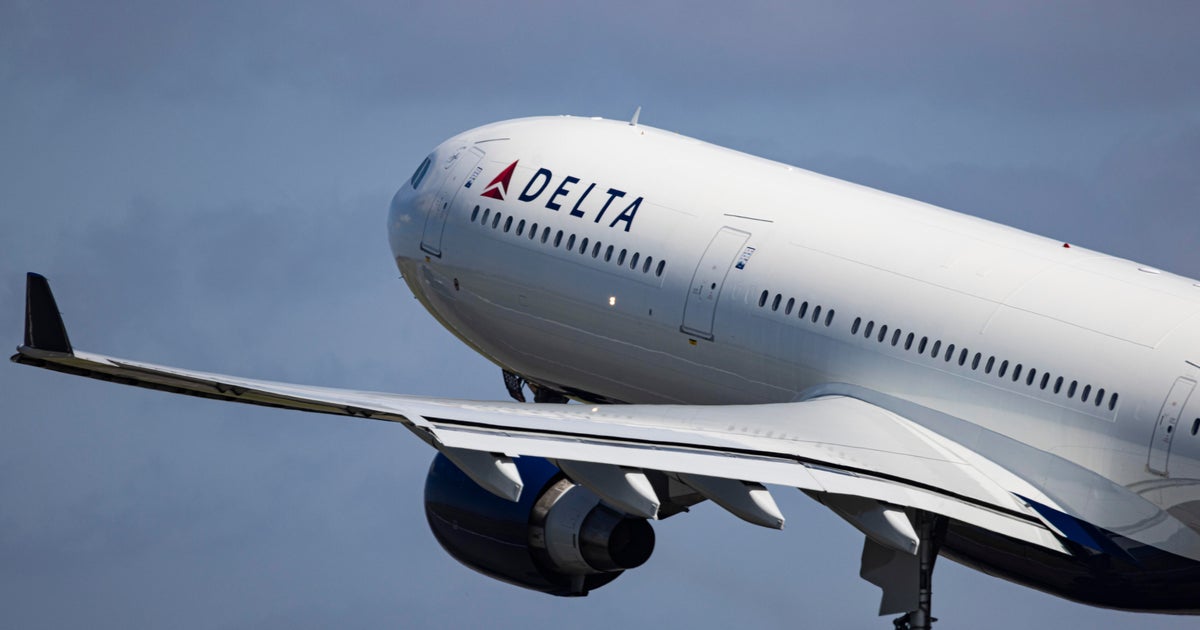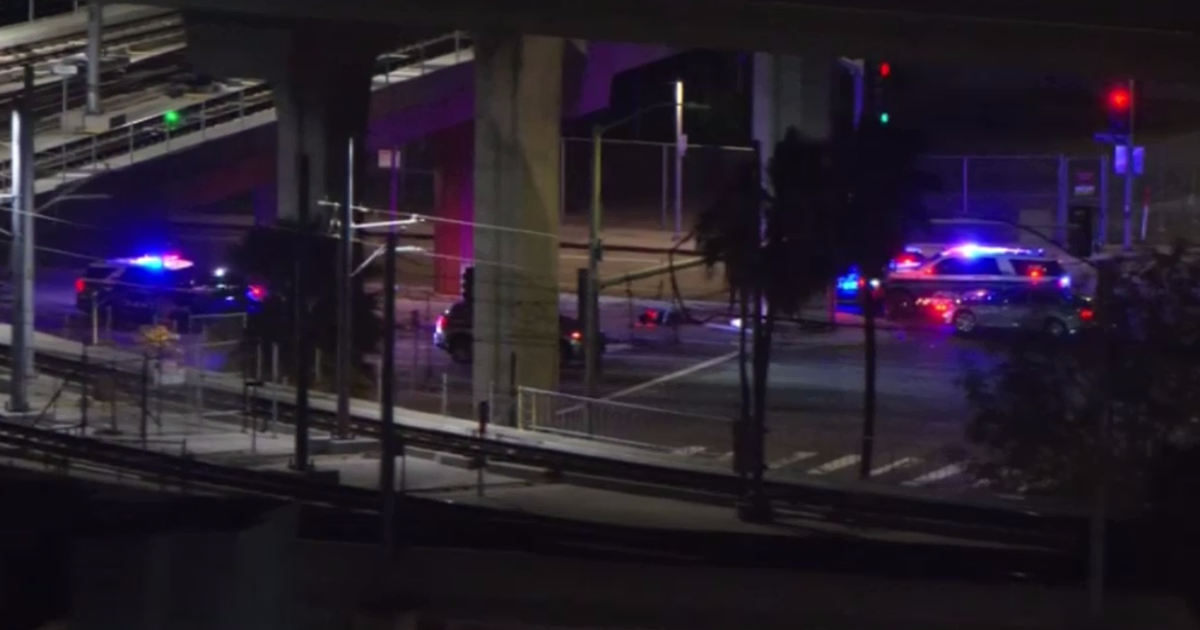Staffing Shortage At Packer Avenue Marine Terminal Playing Role In Supply Chain Shortage Due To Backlog Of Shipping Containers
PHILADELPHIA (CBS) -- Log jams in the global supply chain are causing shortages on store shelves across the country. One part of that chain is along the Delaware River at the Packer Avenue Marine Terminal.
The Port of Philadelphia has stacks of shipping containers waiting to be picked up and distributed to stores.
"We have Halloween decorations here, Christmas products, anywhere from space heaters, lawn chairs," Eric Holt, Chief Commerical Officer at Holt Logistics Corporation, said.
It's estimated that the number of containers coming through is 16% higher than last year.
If you've noticed fewer options on the shelves while grocery shopping or in stores, you should know that this is a national problem and it's a domino effect.
There's been a backlog of getting products out of shipyards and to stores.
CBS3's Alecia Reid was at the Packer Avenue Marine Terminal on Thursday. She says there are shipping containers stacked with poultry and fresh produce expected to go to supermarkets.
"We've had about 13,000 containers on our terminal waiting to get moved out," Holt said. "That's almost double. Lack of truck power, lack of labor in receiving warehouses, and lack of outbound trucking to supermarkets. Every link in the chain is connected here."
There are other containers with toys, tires, furniture, and other items heading to stores like Walmart and Home Depot.
The backlog is across the board, so containers that usually spend a few days in the yard are delayed for up to a week due to staffing shortages. There are some containers that have been here since May, but fresh produce and other perishables take priority.
"To give you an idea, we have an importer that has refrigerators, TVs. They've been sitting here since May and they haven't moved for consumers to buy," Holt said.
Right now, the yard is 15 to 20% short-staffed and needs increased labor to meet the increased demands of the port. Working at a slower pace means costs go up. Expenses accrued in the supply chain are normally passed on to consumers.
For now, to bridge the gap, employees are putting in overnight hours when the port is usually closed.
"Costs rise, when we work overnight that's overtime. When ships air there's a cost, when there's only one movement in a day as opposed to 4.5 the cost goes up in the supply chain," Holt said.
While folks are managing as best they can, the company is still recruiting. And as we look forward to the holidays, there may be some delays or shortages in stores.
Click here to apply for jobs.
